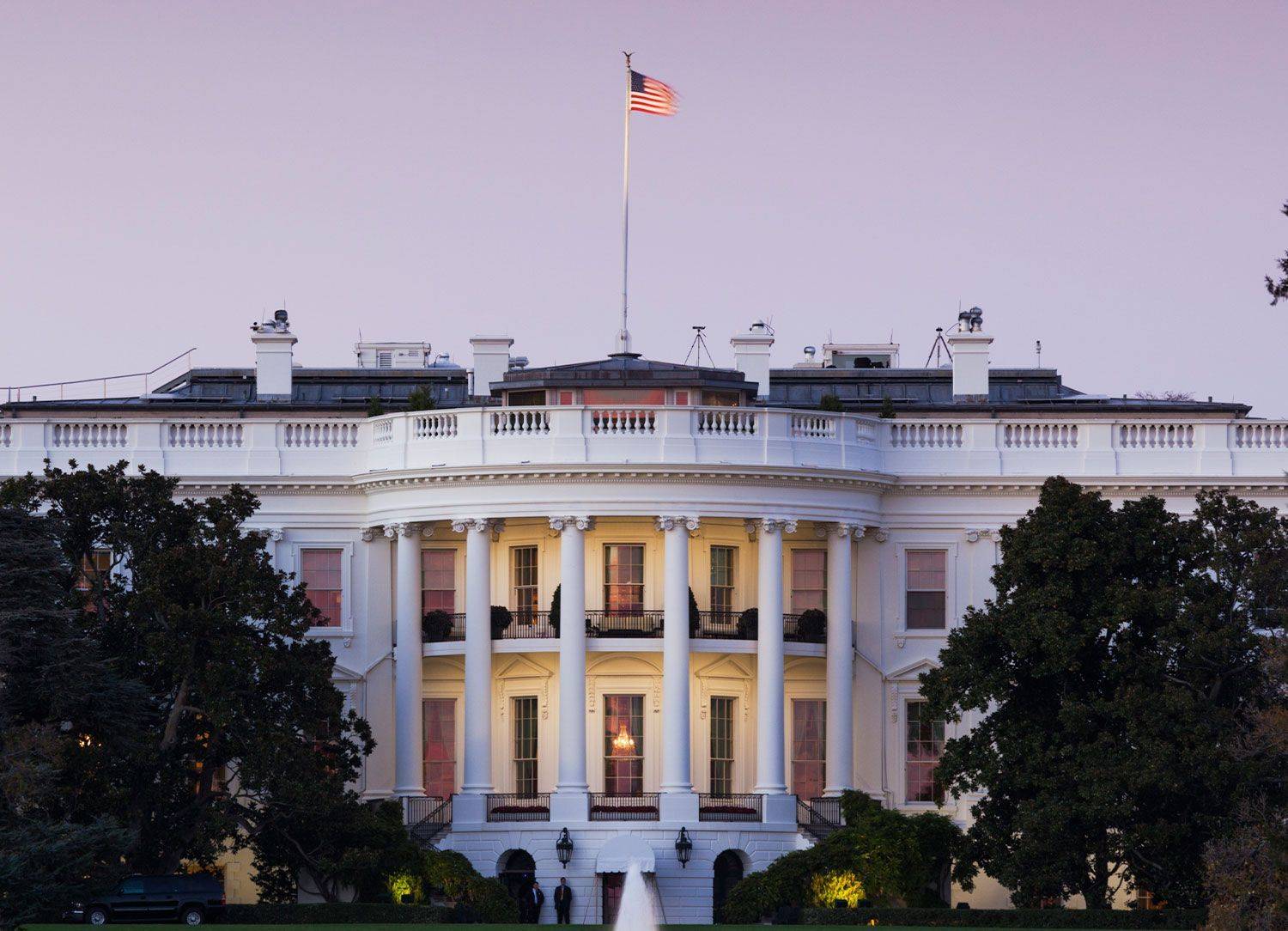Home
Trending topics
Trump Second Term: Legal Tracker
Stay updated with the latest legal and regulatory changes during Trump's second presidency and what these mean for the business landscape.

Client Stories
News & Insights
News
Apr 14, 2025
Apr 14, 2025
Former Federal Prosecutor Joins BCLP’s White Collar Defense & Investigations Practice
Insights
Apr 14, 2025
Apr 14, 2025
Tall Building Trends in London
Tall buildings have hugely contributed to London’s sense of place and rightful place as a world-leading financial centre. They have made a defined impact on the London skyline particularly in the period between 2000-2019 when the number of new tall buildings built increased significantly, largely due to a change in planning policy.
For the last 10 years the NLA (New London Architecture) has been surveying trends in tall building development (which it defines as those of 20 storeys or above) across London. In this Insight we examine the NLA’s recently published annual survey 2025 and what it means for tall building development in the capital.
News
Apr 11, 2025
Apr 11, 2025
BCLP advises banks on a €188M financing for Amarenco
News
Apr 11, 2025
Apr 11, 2025
BCLP advises Société Générale on the financing of two PV power plants for Corsica Sole
Blog Post
Updated: Apr 11, 2025
Updated: Apr 11, 2025
New Mexico Bans Certain PFAS in Consumer Products
On April 8, 2025, the Governor of New Mexico, Lujan Grisham, signed HB 212 prohibiting certain PFAS substances in various consumer products. This bill (now enacted into law) establishes on specific product categories beginning on January 1, 2027, and January 1, 2028. Notably, on January 1, 2032, New Mexico prohibits a manufacturer from selling or distributing any consumer product containing intentionally added PFAS substances. However, the definition of PFAS in the bill is unique in that it excludes certain fluoropolymers like PTFE from the prohibitions.
Insights
Apr 11, 2025
Apr 11, 2025
TCPA Update: The FCC Delays Portions of Revocation of Consent Rules by One Year
Insights
Apr 10, 2025
Apr 10, 2025
Are Cookies Banners Crumbling?
Insights
Apr 09, 2025
Apr 09, 2025
Shifting contractual risks and managing electronic contracts
In this Insight, Shy Jackson takes a look at the decision of John Sisk and Son Limited v Capital & Centric (Rose) Limited [2025] EWHC 594 (TCC) where the court had to grapple with interpreting a contract which was kept on a USB drive as well as a bound hard copy, where the key provisions were in a spreadsheet, which included hidden columns, and where the electronic version included a document which did not appear in the paper version.
Blog Post
Apr 08, 2025
Apr 08, 2025
How Should Companies Update Risk Factors and MD&A During a Global Trade War?











